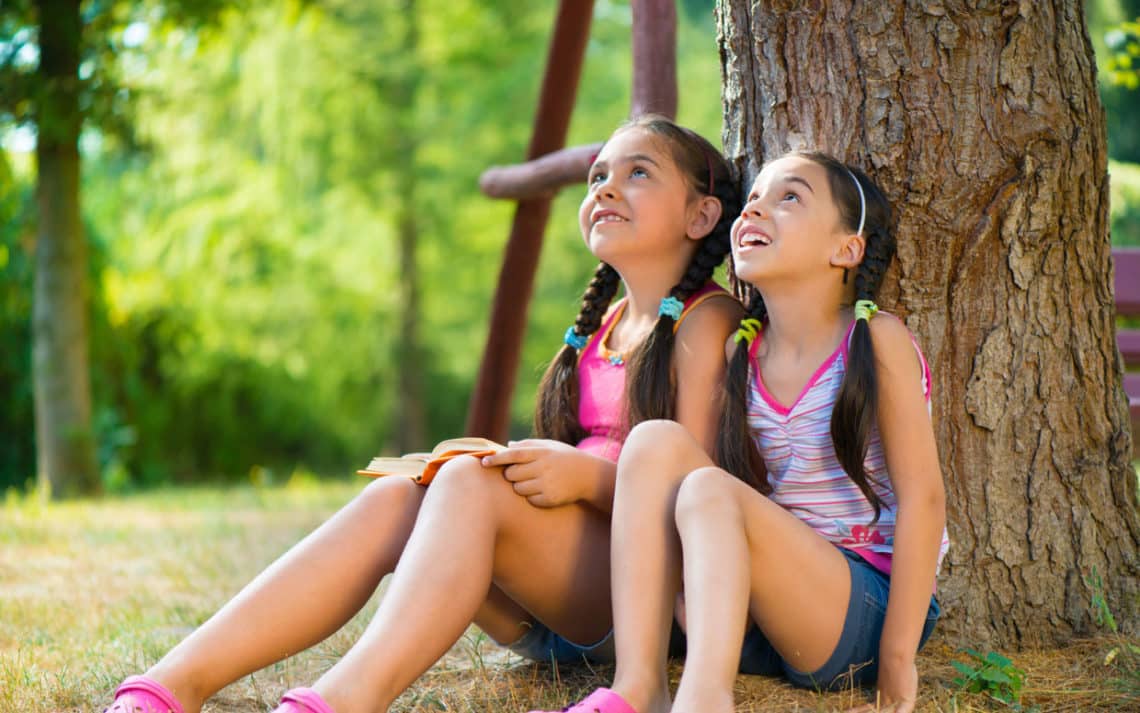[vc_row][vc_column][vc_column_text]
Even when children eat right and dutifully swallow multivitamins, they often lack a critical nutrient, because its absorption is blocked by the typical life most kids live. Called “Vitamin N” by some of the nation’s top pediatricians, this prescription doesn’t come in a pill: the N is for nature. Exposure to the natural world is considered a cure for various childhood health threats.
“Nature (Vitamin N) can have a profound positive effect on children’s mental and physical health,” says Mary Brown, M.D., a past member of the board of directors for the American Academy of Pediatrics (AAP). The AAP’s plan to address some of the most urgent health threats to children, including obesity and the negative influence of electronic media, is to encourage exploration of the natural world. “Connecting children with nature has many positive effects that can last a lifetime,” says Brown.
Some pediatricians are so serious about Mother Nature and her invitation to unstructured play that they’re actually writing prescriptions for communing with nature. Given during child exams and known as Rx2Thrive, the prescriptions order outdoor time and connect the children and their parents to parks and recreation departments.
“We even prescribe ‘play coaches,’” says Brown, who is involved in the Deschutes Children’s Forest, a USDA Forest Service initiative that is one of nine children’s forests in the country and the only one with a health component.
Richard Louv, author of the bestseller Last Child in the Woods, labeled the condition caused by Vitamin N deficiency when he wrote his seminal book. “The term Nature Deficit Disorder actually started out tongue-in-cheek, but it soon became apparent that the term—which is not a medical condition—finally put a face on the profound alienation that has occurred between children and nature over the last 30 years,” says Louv, co-founder and chairman emeritus of the Children & Nature Network.
Why are today’s kids so short on Vitamin N? At fault are the move toward electronics as a major source of entertainment, and the fact that many of today’s children are prevented from roaming far from home for safety reasons. One fourth grader in Louv’s book commented that he likes the indoors better than the outdoors because there are electrical outlets. And many children noted that their parents don’t allow them to stray far from the house without supervision, making the lessons that come from exploring nature impossible for them to experience.
What should you do if you suspect your child is low in Vitamin N? A variety of antidotes exist for connecting your kids and yourself with nature. Visit nearby parks, botanical gardens, and arboretums on a regular basis and let kids roam. Walk around your neighborhood, and garden indoors and out. And filling your home with nature by tending an indoor garden this winter may seem like a small thing, but having a houseplant perched next to the video game station gives Mother Nature a prominent vantage point.
[/vc_column_text][/vc_column][/vc_row]

